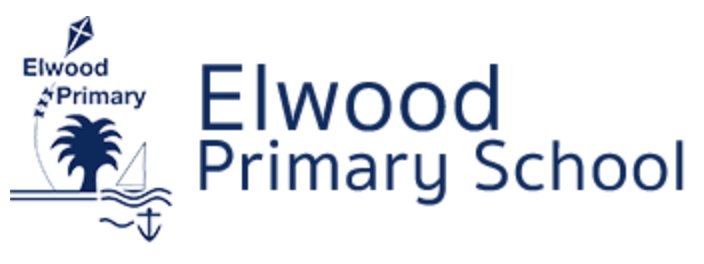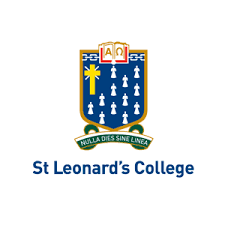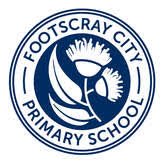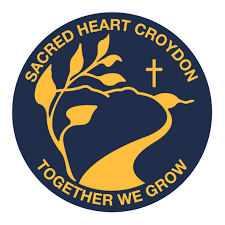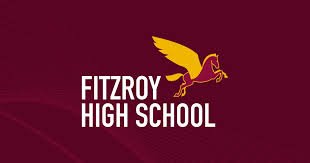Empowering Students to Stand Up: Anti-Bullying Training Programs for Safer Schools
Bullying and discrimination leave lasting impacts - especially during the critical years of school. At The Stand-Up Project, we believe that the best way to build safer, more inclusive school communities is through meaningful, empowering, and lasting anti-bullying training for students.
Our anti-bullying programs for schools don’t just talk at students - we ask them: “What are the issues you’re encountering, and what do you want to do about them?”
We take this approach because research shows that young people are more likely to engage in anti-bullying programs when they are delivered by peers, compared to when they are delivered by teachers alone.
What Makes Our Anti-Bullying Program Different?
The Stand-Up Project (SUP) is a student voice, agency, and leadership program that is delivered through an anti-bullying and Upstander model. We empower young people and take a whole-school approach to reducing poor behaviours.
Designed for primary and secondary students, SUP offers anti-bullying training for students that builds empathy, assertiveness, and a genuine sense of responsibility.
Rather than delivering a single session, our program supports schools to embed upstander values into everyday practice - led by students, backed by staff, and felt across the whole school community.
The Four D Approach: Simple, Powerful, Effective
Our anti-bullying training for students is built around the globally recognised Four D model—Direct, Distract, Delay, and Delegate. It’s a simple but powerful framework that gives young people practical, real-world options for stepping in safely and confidently.
Direct – Speaking up and challenging the behaviour when it’s safe to do so.
Distract – Disrupting the situation without confrontation - like starting a conversation or creating a diversion.
Delay – Checking in with the person affected later, especially when it’s not safe to act in the moment.
Delegate – Asking a peer leader or trusted adult for help when needed.
The Four D model helps students understand that there isn’t just one way to be an Upstander. There are multiple safe, effective paths to taking action - and every step counts.
Why Our Anti-Bullying Programs Work
Our anti-bullying programs for schools don’t just teach students what bullying is, they help them learn how to change it. Here’s why our approach has had such strong results in Australian schools:
Student-Centred Learning
We prioritise student voice. Every SUP session is designed by students themselves.
We actively challenge students and consistently remind them that SUP is their program - not ours.
We tell our SUP Leaders: “Don’t tell us what you think we want to hear” and
“If you believe there are no bullying issues at your school, that’s completely fine. But if you do feel there are, we’re here to support you in addressing them.”
Tailored Approach
Our anti-bullying training for students includes an online logistics meeting with each school. This allows us to tailor the content to the specific experiences, strengths, and challenges of your students.
The program looks different at every school. By drawing on relatable case studies, we help students practise the Four D’s of Upstanding in ways that feel natural, safe, and relevant. When students can see themselves in the examples, the learning really sticks.
Whole-School Impact
This isn’t a one-off session. Our anti-bullying program is an ongoing partnership with schools, bringing students, staff, and families on the journey together.
We’re often invited back at the end of the year so our facilitators can present leadership certificates to the SUP Leaders, recognising their growth and contribution.
We also openly acknowledge the impact bullying can have on teachers and families. Our program explores how to support a young person experiencing bullying and how to engage constructively with school staff to address concerns collaboratively.
Leadership Development
We don’t just ask students to listen, we train them to lead. SUP supports the development of student leaders who champion kindness, challenge poor behaviour, and help embed change across the school through peer-led initiatives.
Wellbeing-Integrated Anti-Bullying Training
We know that bullying affects mental health. That’s why our anti-bullying programs for schools are designed to align with existing wellbeing frameworks, building emotional resilience and connection. When students feel heard, safe, and supported, they thrive.
We also work closely with staff to ensure our anti-bullying training for students complements your pastoral care efforts and helps identify students who may be struggling.
Building a Stronger School Culture
SUP is about more than just preventing bullying—it’s about creating school cultures where empathy, respect, and inclusion are the norm.
We help schools foster environments where:
Students feel confident and safe to report incidents
Diversity is embraced and celebrated
Peer relationships are built on encouragement, not competition
Everyone - staff and students - looks out for each other
That’s what lasting change looks like.
Frequenty Asked Questions
-
Our anti‑bullying training programs are whole‑school, peer‑led initiatives designed to build empathy, resilience, assertiveness, and inclusive school cultures.
For our Whole School Program, we deliver five in‑person sessions that engage students, parents, and staff using the Upstander model, empowering young people with practical strategies to challenge bullying.
Our Transition Program takes a similar approach, guiding students to self-identify the values and behaviours they want to uphold throughout their school journey.
-
The Four D model, Direct, Distract, Delay, Delegate, provides simple yet powerful strategies students can use to step in safely when they witness poor behaviour:
Direct: Speak up if it's safe.
Distract: Defuse without confrontation.
Delay: Follow up later when it’s safer.
Delegate: Seek help from a trusted adult or peer leader.
-
Before delivery, we hold a logistics meeting (online or in-person) with school staff to understand your students’ specific needs. This ensures our program, grounded in student voice, agency, and leadership, genuinely reflects your school’s context.
-
A select group of enthusiastic students become SUP Student Leaders and co-deliver sessions across the school, to peers, staff, and families. This peer-led approach strengthens engagement and trust. SUP facilitators support leaders through planning, delivery, and ongoing guidance.
-
Beyond reducing bullying, our programs foster leadership, and a more inclusive and positive school culture. We:
Support teachers through practical resources and training.
Engage parents and carers.
Align with wellbeing frameworks to build emotional resilience.
This collective approach helps embed values across the community.
-
Yes. SUP is an award‑winning, evidence‑based provider approved on Victoria’s Schools Mental Health Menu. SUP has also partnered with Monash University to conduct further research on program outcomes.
Our programs have been rigorously assessed for effectiveness in promoting student wellbeing and preventing bullying.
A few of the incredible schools and organisations we’ve had the privilege of working with:
Contact Us
Hours
Monday–Friday
9am–6pm
Email
info@thestandupproject.com
Location
1-3 Lakewood Boulevard
Braeside VIC 3195





















